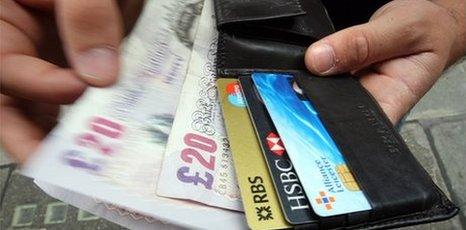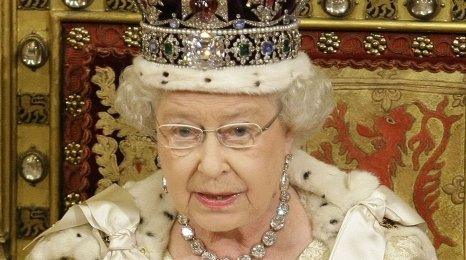Find out more about the pre-Budget report
- Published

The government has released details of its pre-Budget report - the last one before the general election - but how is it likely to affect you and what does it all mean?
So what exactly is the pre-Budget report?
The pre-Budget Report is when the Chancellor, the man in charge of taxing and spending, explains two things; how the government thinks the economy will do in the years ahead, and what the government wants to spend and how it will pay for it. So you get forecast figures and you get tax and spend pledges. It's called the pre-Budget report because it comes a few months ahead of the full Budget, which is usually in March.
Why is it important this year?
It's more important this year for two reasons; there is a record amount of debt to deal with - £175 billion. The government, the country, the people, have never owed so much. Then there is a general election coming. There must be a vote by June 2010. The Labour government and the other main parties will use this moment to lay out their plans and priorities. At the same time they'll attack and try to expose weaknesses in the alternatives.
Is this all about increasing taxes and making cuts?
Yes. There is no other alternative. Britain has a vast amount of debt to pay. It has to be paid off or no one - and this means big banks, foreign governments like China - will ever lend us money again. The big cuts will not come for a few years though, 2011 is when they will bite, whoever is in power.
What does it mean for the cash in my pocket?
Almost everyone will have to pay more. National insurance rates will rise by a further 0.5% from April 2011. The richer will pay more - there's a one-off 50% tax on bank bonuses of more than £25,000 too.
When will any changes take effect?
Some will take effect almost immediately. There are changes already set to come in next year; VAT will return to 17.5% in January. The major cuts in government spending will take hold from 2011 onwards.
What are the main differences in opinion between the political parties?
The big difference is about timing. The debate is not about if we cut but when to cut. The Tories want to cut now, to deal with that huge debt and show the people who lend us money that Britain is serious about paying back. Labour wants to be less cautious. It wants to try to get the economy going first before it deals with cutting.
- Published8 December 2009

- Published7 December 2009

- Published18 November 2009
